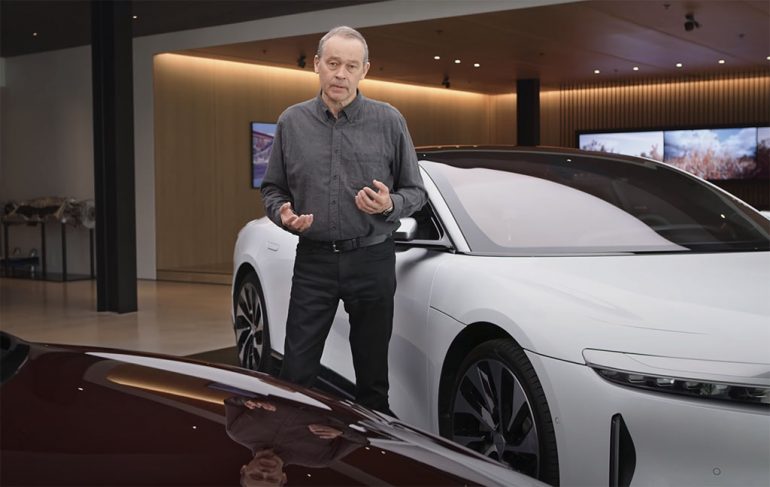
According to a Bloomberg report, Lucid CEO Peter Rawlinson has expressed skepticism about Tesla’s charging technology, despite its widespread adoption by other automakers. Rawlinson compared the Tesla charger to a simple plug and emphasized that the choice between different charging systems is akin to choosing between a screw cap and a cork on a bottle, rather than evaluating the quality of the wine.
While several automakers such as Ford, GM, Volvo, and Rivian have announced plans to adopt Tesla’s North American Charging Standard (NACS), Lucid continues to use the Combined Charging System (CCS), which was the prevailing choice among non-Tesla manufacturers until recently. Tesla’s Supercharger network has traditionally given the company an advantage, with many owners praising its reliability and convenience. However, Elon Musk is now opening up access to this network and aiming to establish it as the industry standard for electric vehicles.
Also, don’t forget that you can get discounted new car pricing with a free quote through qualified local dealer partners.
Interestingly, Rawlinson has firsthand experience with the development of the NACS connector from his previous role as chief engineer of the Tesla Model S, although Musk has disputed this claim. Despite acknowledging the advantages of Tesla’s Supercharger network, Rawlinson remains cautious about adopting the Tesla plug until it becomes a standardized solution. He believes that as a company with advanced technology, Lucid is reluctant to risk compromising its competitive edge.
Rawlinson has also raised concerns about the ownership and control of charging data. He believes that if the charging infrastructure is controlled by a single company and not made open-source, it could grant that company access to valuable consumer data. Ensuring an open and impartial standard is a priority for Rawlinson, as he expressed his worries about the ownership of such data.
While other automakers are embracing Tesla’s charging technology, Lucid’s CEO Peter Rawlinson remains cautious and prefers to stick with the Combined Charging System for now. Rawlinson acknowledges the benefits of Tesla’s charging network but emphasizes the need for standardized solutions and open access to data to protect consumer interests.